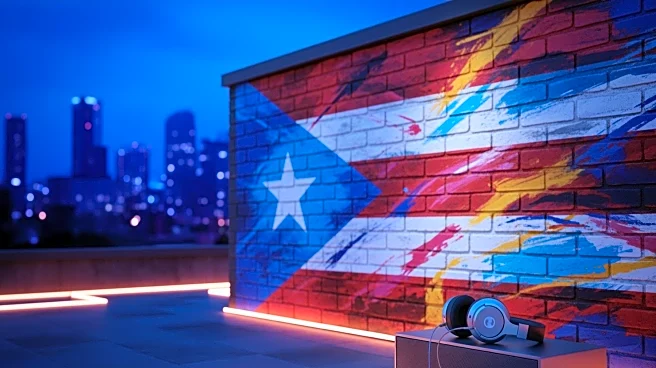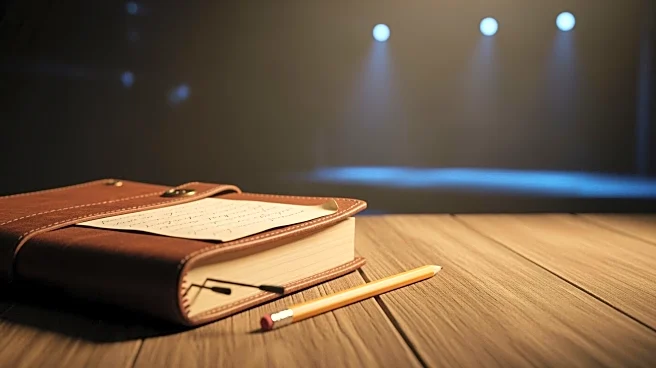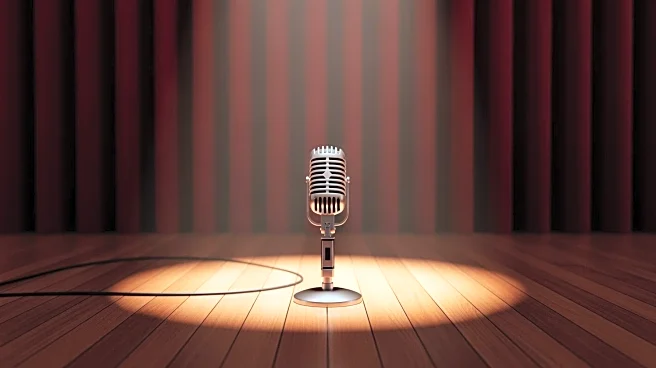Rapid Read • 8 min read
Artist Amy Sherald has withdrawn her planned exhibition at the Smithsonian’s National Portrait Gallery due to concerns over censorship. Sherald, known for her portrait of Michelle Obama, was set to be the first contemporary Black artist to have an exhibition at the gallery. The cancellation of her show, titled 'American Sublime,' follows discussions about removing her painting of a transgender Statue of Liberty, which was feared to potentially offend President Trump. Sherald expressed disappointment, stating that the institution's conditions no longer supported the integrity of her work. The Smithsonian expressed regret over her decision, emphasizing their commitment to fostering understanding through art.
AD
The cancellation highlights ongoing tensions between artistic expression and political influences in cultural institutions. Sherald's decision underscores the challenges faced by artists in presenting work that addresses complex social issues, such as transgender rights, in politically charged environments. The Smithsonian, while not a government agency, is overseen by a board with significant political figures, which may impact its operations and decisions. This incident reflects broader societal debates about censorship, representation, and the role of art in addressing social issues, potentially affecting future exhibitions and the institution's reputation.
The Smithsonian may face increased scrutiny and pressure to address concerns about censorship and political influence. Artists and cultural institutions might engage in discussions about the balance between artistic freedom and political sensitivities. Sherald's decision could inspire other artists to reconsider collaborations with institutions perceived as limiting creative expression. The Smithsonian may need to reassess its policies and practices to ensure support for diverse artistic voices and maintain its role as a platform for meaningful cultural dialogue.
This development raises questions about the ethical responsibilities of cultural institutions in supporting marginalized communities and artists. The controversy may lead to broader discussions about the impact of political climates on artistic expression and the importance of preserving spaces for diverse narratives. The Smithsonian's handling of this situation could influence its future relationships with artists and its ability to serve as a venue for challenging and thought-provoking art.
AD
More Stories You Might Enjoy











